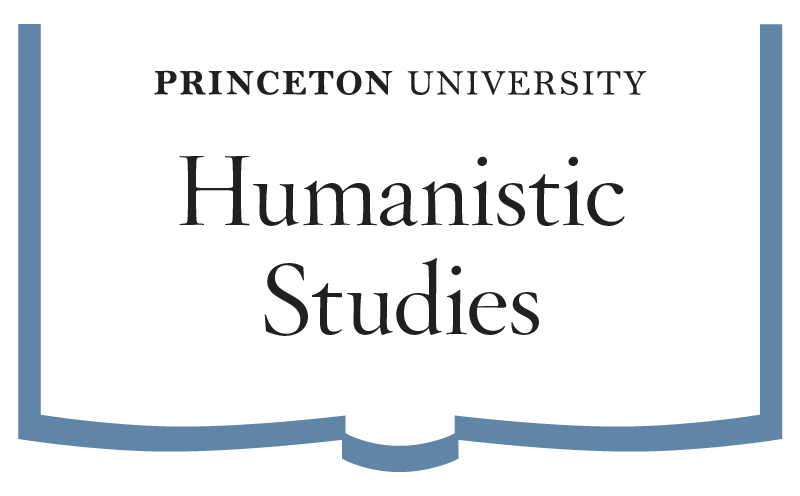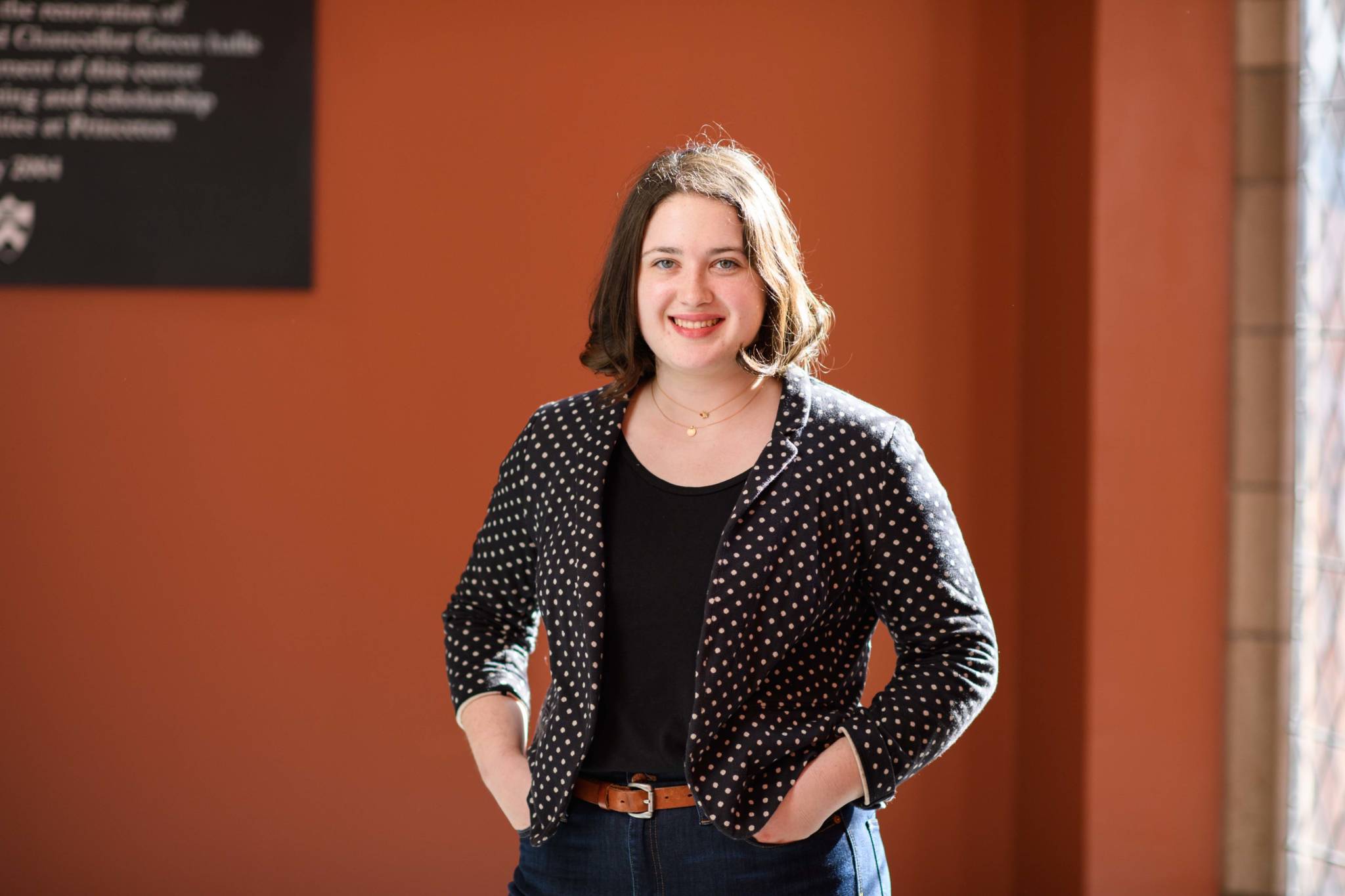jillianq@princeton.edu
I’m a French and Italian major with certificates in Humanistic Studies and Creative Writing.
Role(s) held in the Humanistic Studies Program:
Certificate Student, Humanities Mentor, Symposiarch
Activities on campus:
I work at Marquand Library and I am a member of Scully Co-op.
Why I decided to study the humanities:
I decided to study the humanities because I think life is best lived in an interdisciplinary way. Approaching a problem by using one discipline is pretty fruitless, and I believe that being exposed to literature, art, religion, history, philosophy, theology, and others during my studies provided me with tools to think about problems that came from every corner of the academic world.
What I have gained from the humanities:
I’ve gained from the study of the humanities a deep appreciation of the interconnectedness of thought throughout history. I’ve read some of the “building block” texts of Western thought, like Aristotle or Homer, and by working chronologically through other, later texts, you can follow the thread of thoughts from centuries beforehand. To see all of this synthesize into contemporary thought is very exciting and satisfying.
Independent work:
My fall junior paper was entitled “The Woman Cut in Pieces: The Imaginative Extrapolations of the 19th Century Parisian Press.” This paper explored the intimate relationship between the popular press and violent crime in 19th century Paris. It took as a case study “la femme coupée en morceaux,” the murder and dismembering of a Parisian woman by her male companion, and analyzed the myriad newspapers that reported on and spectacularized this crime. Journalists of the time borrowed a lot from fiction in their reporting. I used the online archive RetroNews to chart how this woman’s murder grew from a small detail to front-page news, and how the frenzy and dramatization of the crime ultimately helped to identify her and find her killer.
My spring junior paper is entitled “An Affront to Public Decency and to Good Readers: The Obscenity Trial of Madame Bovary Revisited.” Starting with an important work in the 19th-century French literary canon, Gustave Flaubert’s Madame Bovary, I studied, in lieu of the book itself, its fascinating obscenity trial. Imperial prosecutor Ernest Pinard indicted the author for the book’s “lascivious color” with the letter of the law. I argue however that the real, unpunishable culprit was the fictional heroine Emma Bovary. Just as Emma mistook literature for life by her obsession with fiction, Pinard makes the same critical mistake by believing that Flaubert’s character posed an inestimable danger to French society, particularly women.
Seeing that I am earning a certificate in Creative Writing, and enjoy writing fiction of my own, it was so wonderful to be able to research and write about fiction even in my academic work. My first JP was about the real world fictionalized, my second about the fictional world realized. I feel lucky to have selected such interesting topics.













